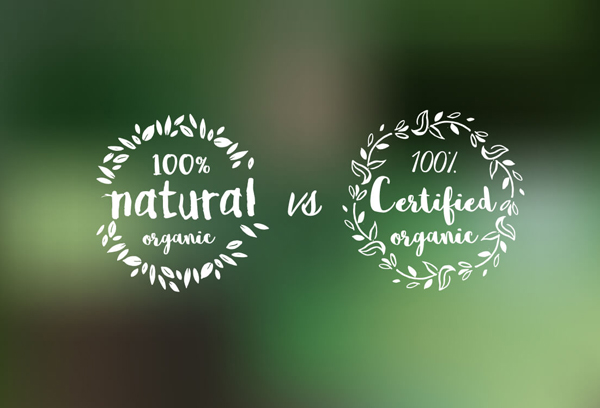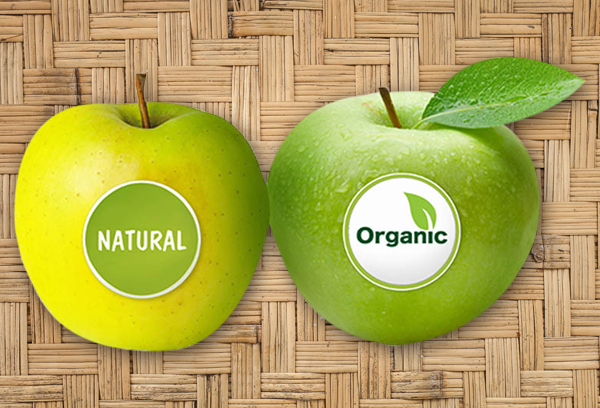
Organic vs Natural: Understanding the Difference
What’s the difference between “organic” and “natural”? Isn’t organic food the same as natural food and just as safe to eat? Aren’t the rules of organic and natural products the same? Questions like these are bound to popup on everyone’s mind when they decide to buy products that are free from harmful chemicals and artificial additives. But understanding the difference between organic and natural is very important in order to make an informed decision for a healthier lifestyle.
When something is labelled “Natural”, it can mean any different number of things. Whether the products with this label are medically tested and certified is often not clear to the consumer. Since organic and natural are the new buzzwords of this century, whenever we see products labelled as such, they are assumed to be generally safe with guaranteed results. But did you know that there are no legal or quality regulations for natural products?
When someone claims that a product is natural, it usually means that they are free from artificial preservatives, colorants and other additives. For example – tea extract is natural. But the tea leaves themselves from which the extract is obtained might have been sprayed with pesticides or synthetic fertilizers. So, this makes the tea extract natural, but not organic. It means that natural products are not necessarily safe all the time.
To summarize, a product is labelled as “natural” if it is minimally processed and does not contain artificial ingredients or chemicals. However, the natural label does not cover the standards regarding farming practices. This loophole has been abused as a marketing technique by many companies, who have used GMOs, synthetic fertilizers and other chemicals in the production of their products.

How Organic Is Different from Natural?
To start with, organic products are governed by very strict standards. This means no pesticides, no chemicals, no GMO. The entire production process of organic is governed by a well-defined set of rules and a rigorous certification process.
When you buy an organic product, you are guaranteed that no toxic pesticides, herbicides, fertilizers, GMO are used in production, and no antibiotics or growth hormones are administered to animals.
Organic food is much healthier than natural for us and for the planet. Consumers must be careful to discriminate between products that claim to be natural and real, verified organic products.
To sum things up, Organic and Natural are not the same, and choosing organic products is the smarter decision.
